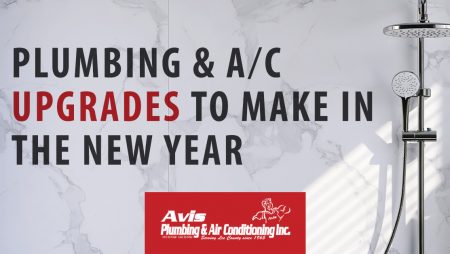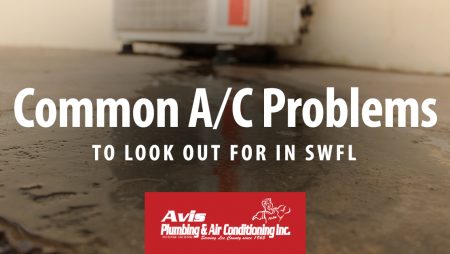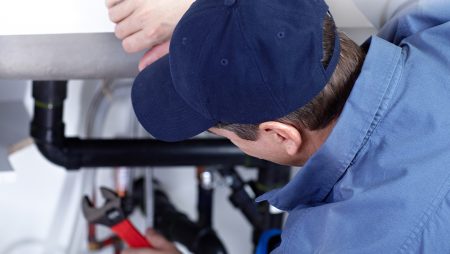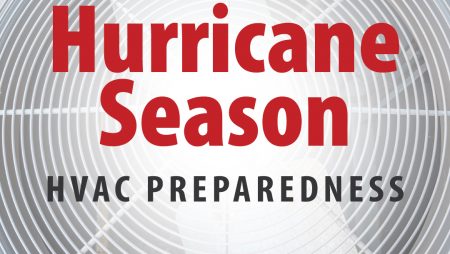Many people dream of living by the ocean or gulf, but there are many hidden environmental issues that can cause problems. Living in a coastal area like Southwest Florida, chances are you will eventually need to overhaul your air conditioner or you might even need to prematurely replace your air conditioner. Just like the ocean erodes the beachfront, ocean air erodes metal surfaces: corrosion of outside condenser coils from salt air exposure turns aluminum coils into powder and makes them useless for cooling your home.
Just recently in Ft. Myers, 30 air conditioning units were in desperate need of replacement because of salt air. Seeing them, you would think these units were quite old — but that was not the case. This expensive failure had happened over only 18 months. Thankfully these units were partially covered by warranty, but most stories don’t end so well. The corrosive environment of coastal areas and their high salt concentrations wreaks havoc on outdoor — especially on costly commercial HVAC equipment.
We know all too well that the replacement of condensers can easily destroy a property manager’s budget, and that’s why it is necessary for property managers, homeowners, and business owners alike to understand corrosion and take action before it is too late.
Near the gulf, “salt fog” is generally present during early morning hours, rolling in and settling on surfaces. We have all seen it on our car windshields and tasted it in our mouth. This depositing of salt (sodium chloride) on surfaces is the culprit in coastal corrosion. Many metals, such as the aluminum AC coils are made from, typically come with a microscopic layer on their surface to protect from corrosion. For aluminum, this layer is called aluminum oxide. For iron, the layer is iron oxide. In each case, this layer acts to prevent corrosion from occurring. However, salt (or rather, the chloride part of salt) actually changes the ability of the oxide layer to protect the metal. Chloride is amazing at breaking down this layer, pitting of the aluminum and leaving pockmarks. Eventually, the problem gets so bad that the coils themselves simply fall apart. Not cheap!
Pitting is made even worse in areas with high humidity and high temperatures. The state of Florida has been found to have one of the highest rates of corrosion — in fact, Cape Canaveral gets the honor of being the most corrosive area in the continental United States. Compounding the problem is the fact that the combination of aluminum and copper has been found, through testing, to be more sensitive to corrosion than other metal combinations. Let that sink in for a moment: the very metals your outside condenser coil is made of are the worst to have outside in this salty, hot, and humid air. In addition to ruining the integrity of the condenser unit, coastal corrosion also increases your power bill; as the coil corrodes, efficiency decreases — and the cost per hour of running the unit increases along with it. With reduced efficiency, the AC unit has to run longer to provide the same amount of cooling, thus wearing down your system faster.
For example, even a brand new unit may take an hour to drop the indoor temperature down 10 degrees on an especially hot day. That same unit, after being corroded by salt air, may take an hour and a half or two hours. Simply from exposing your AC to the elements, your monthly AC power bill increased by 50 percent. Since it is unlikely that the coastal homeowner can stop salt fog from occurring, there are only two choices. The first is to live with corrosion and do nothing except pay more for electricity and continue to replace units prematurely. The other choice is to go on the offensive, and attempt to do something about the problem. Fortunately, there are several options available to property managers and homeowners alike.
To begin with, reduce the effects of the salt air simply by rinsing off your condenser coils with water. Salt is relatively easy to wash off, and the more often the coils are rinsed, the better the situation becomes. Daily washing is a very inexpensive (albeit highly annoying) method of controlling the corrosion of your AC systems.
There are many options to consider when searching for a solution to corrosion, including some specialized coatings that can be applied on site that gives superior protection up to a year or longer. This drastically reduces the amount of work on your part to keep your system in good condition.
Protecting your valuable air conditioning and HVAC equipment is something that anyone can do to some measure. On-site application of a specialized coating may do even more to improve operating expenses and stop costly premature replacement. If you have concerns about environmental effects on your air conditioning equipment, give Avis a call today at (239) 542-4421.







No Comment
You can post first response comment.